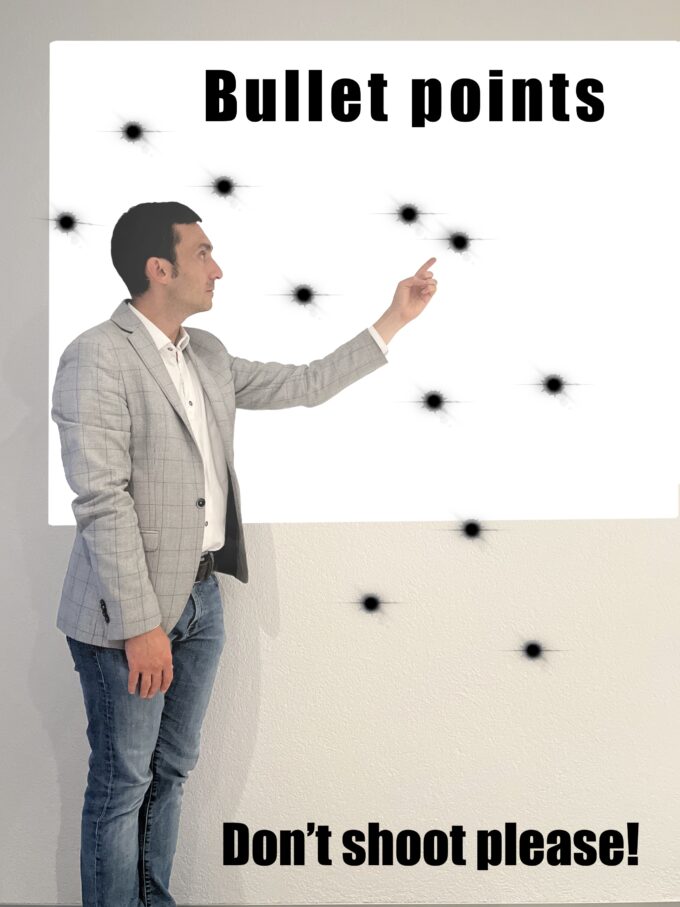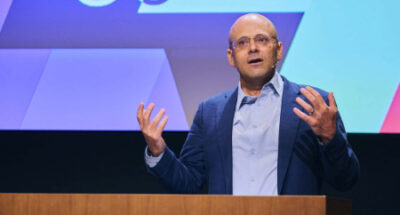In our fast-paced business world, the language we use paints a vivid picture of our values, priorities, and even our foresights. Words are not merely expressions but rather signifiers that shape realities, guide organizational cultures, and frame strategic paradigms.
Harvard linguist Steven Pinker famously said, “Language is a window into human nature.” Indeed, it mirrors the undercurrents of how we view success, collaboration, and competitiveness. Language shapes our thoughts – and our thoughts shape our behavior.
There’s growing concern over the aggressive, often war-like metaphors and imperialist, mechanistic terminologies that are still rampant in business parlance today. We’ve normalized a culture of domination in our speech patterns that runs so deep we often don’t even notice it’s happening.
Most of us use over 7,000 words per day – that’s about 50,000 words a week, or 2.5 million words per year. (War and Peace has only 600,000 words but it can take a year to read.) How many phrases per day come out locked and loaded, taking a shot at explaining something using metaphors from war?
If we listened deeply, we’d likely be shocked at how often we’re shooting, battling, and killing in our everyday speech without even noticing it. If this article is already triggering you, please don’t shoot the messenger as we take a stab at showing an alternative approach to the question: Does this language serve the sustainable, inclusive, collaborative future we envision?
Warrior in the boardroom
We’re all familiar with commonplace terms like deadlines, bullet points, and must-win battles during office meetings. These aggressive terminologies paint a picture of business as a battleground.
Deadlines invoke a do-or-die scenario, bullet points mirror ammunition, and must-win battles pitch enterprises in a relentless fight for dominance. We rally the troops, arm the team with facts, set up targets and put boots on the ground to divide and conquer. We have a headcount on the front lines to face uphill battles, but with a few more bullet points in our slide deck, we’re going to kill it this quarter. We talk about outflanking the competition and defending our turf but are these the terms that will lead to the kind of purpose-driven culture that we need?
While these terms may drive urgency and focus, they also perpetuate a culture of stress, burnout, and relentless competition. Organizations are then modeled as territories to be defended or expanded, with employees becoming expendable human resources. Companies create jobs but people lose theirs (like a set of keys?). In such an environment, success often becomes synonymous with survival, neglecting aspects like collaboration, innovation, and holistic well-being.
Colonial, imperial and patriarchal overtones
Historically, business terminology has often been steeped in metaphors and idioms reminiscent of imperial, colonial, and patriarchal worldviews. These terminologies more often than not originate from or echo power dynamics that have informed many aspects of society, from economic frameworks to sociopolitical structures. The lexicon used in business environments can offer insights into deeper, often unexamined assumptions about power, control, and value.
Many business terms carry with them the vestiges of colonial and imperial epochs. Consider phrases like “frontier markets” or “pioneering a new market,” which suggest the exploration and conquest dynamics reminiscent of colonial expansion. Similarly, “dominating a market” or “capturing market share” evoke a sense of conquest and control.









 Audio available
Audio available
